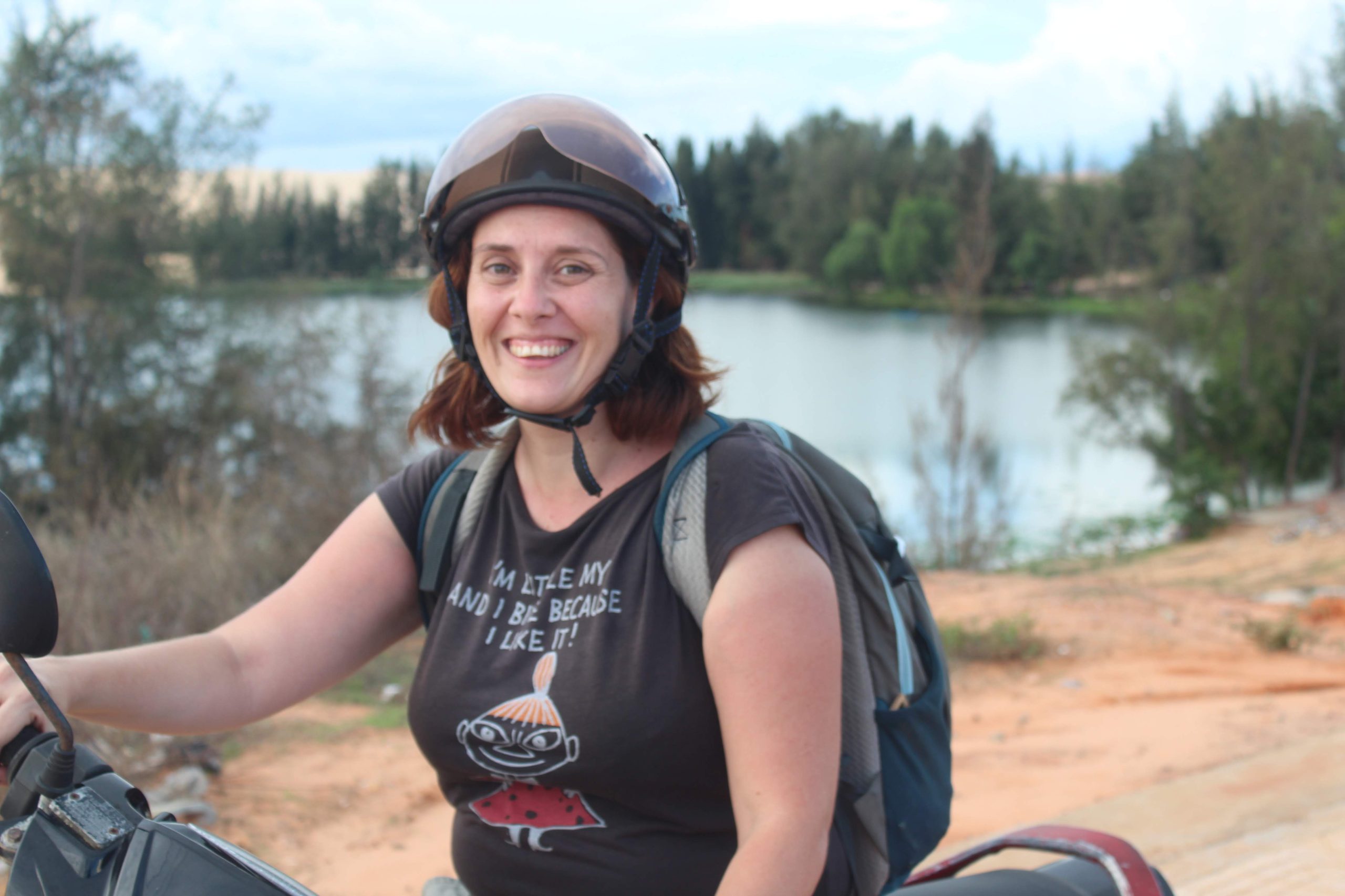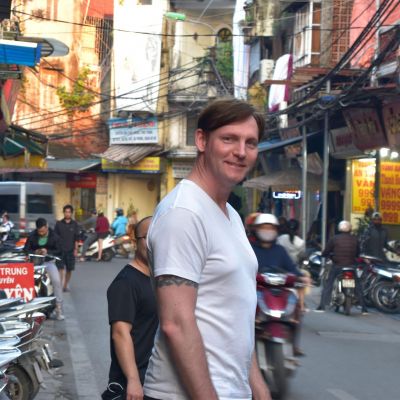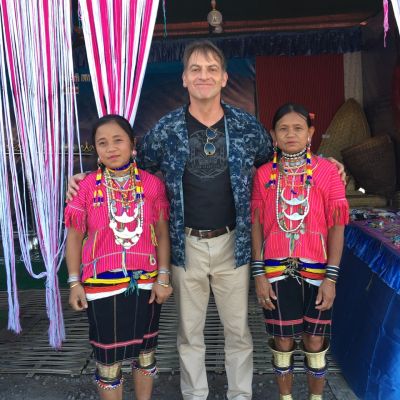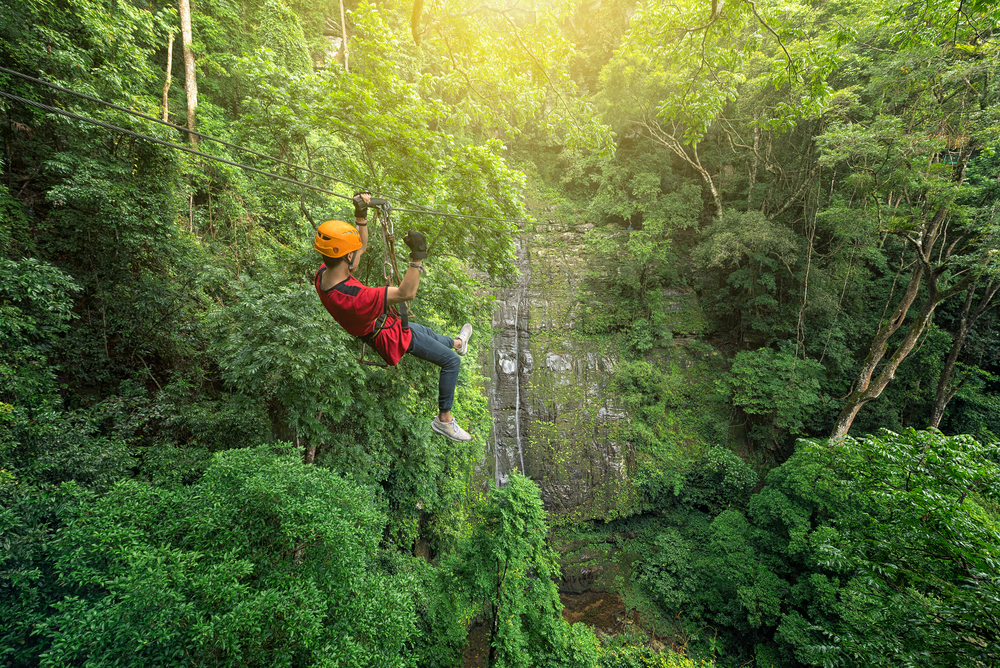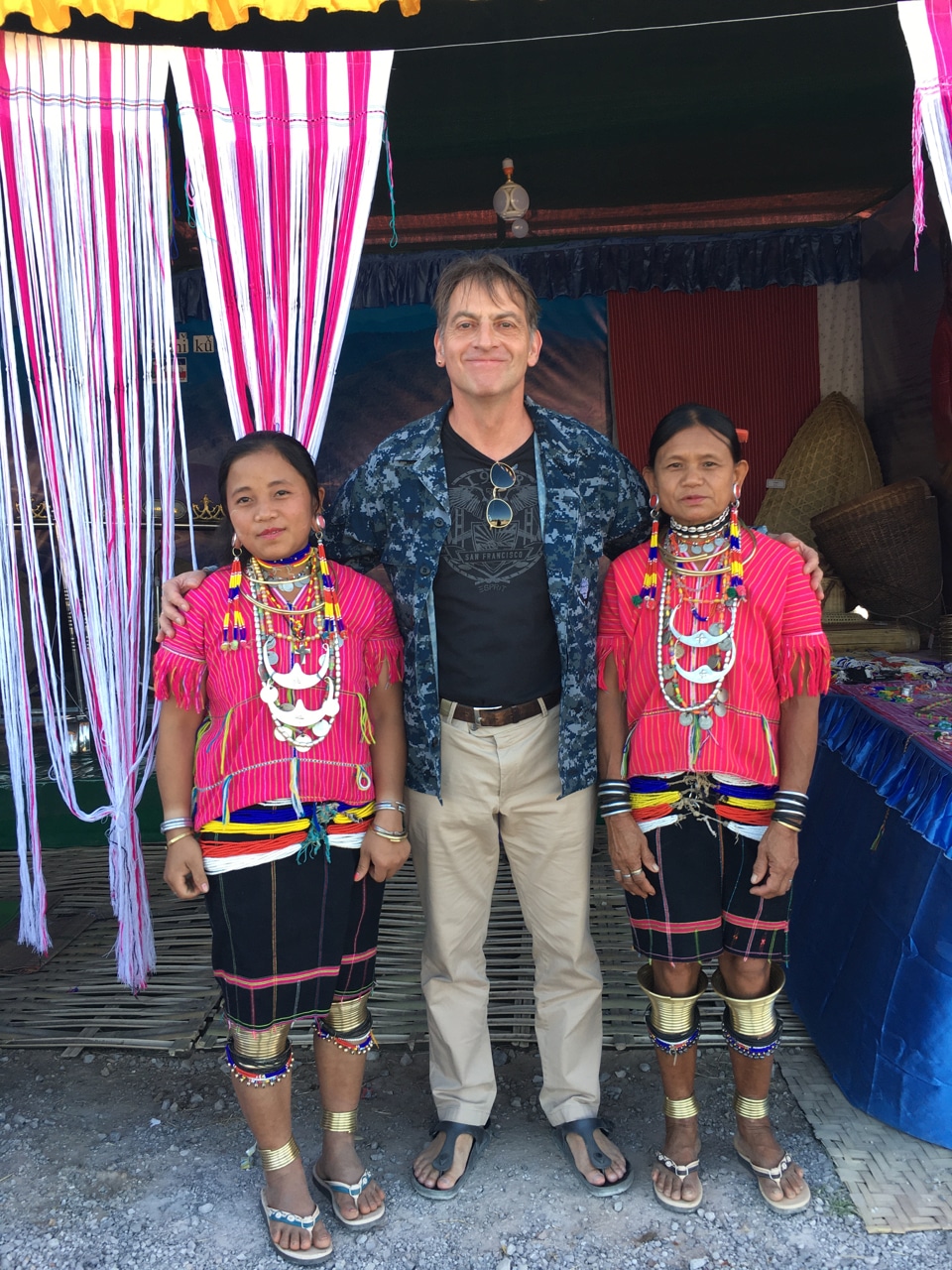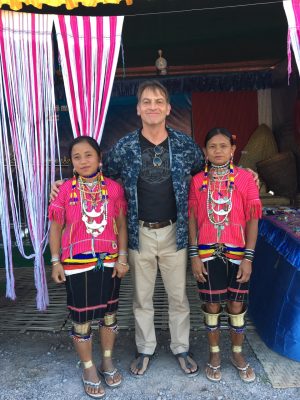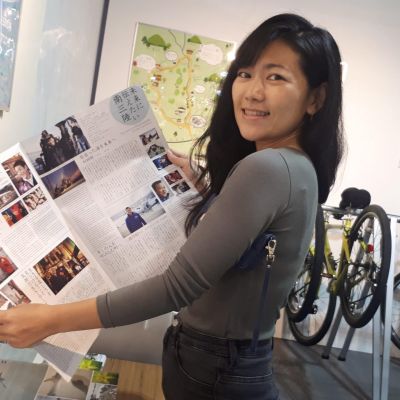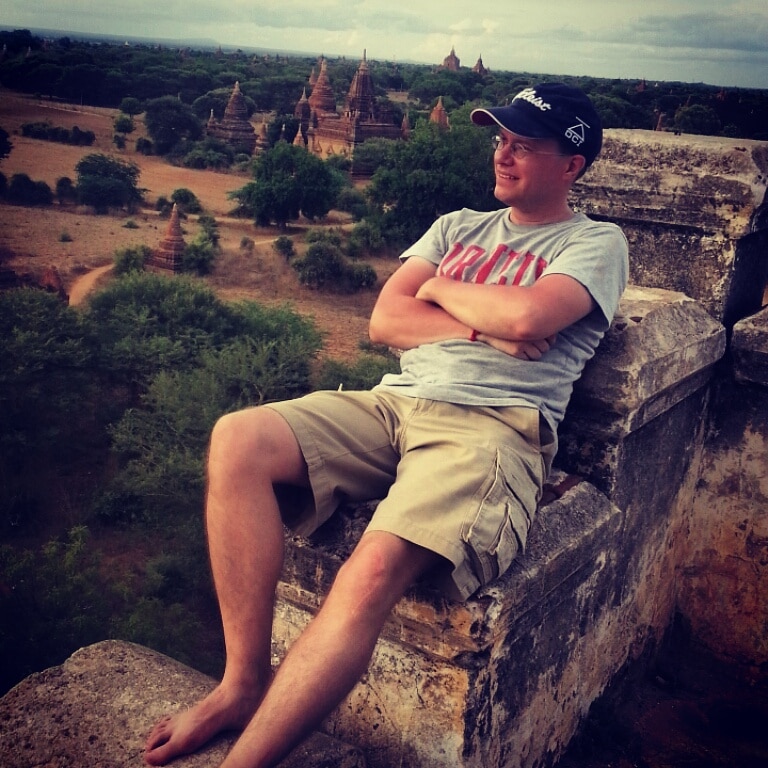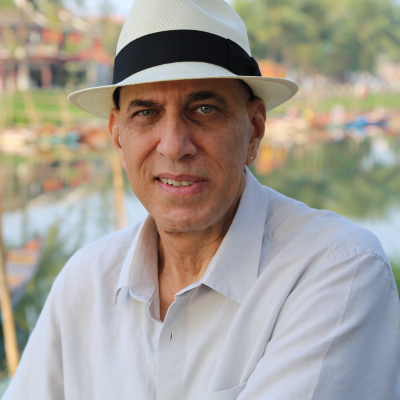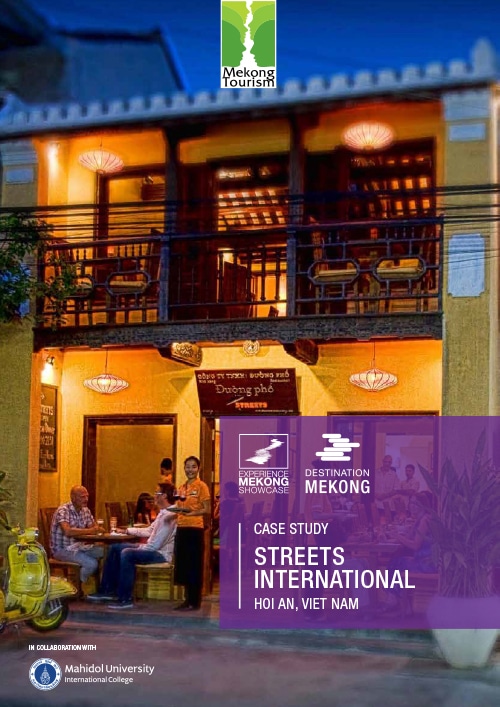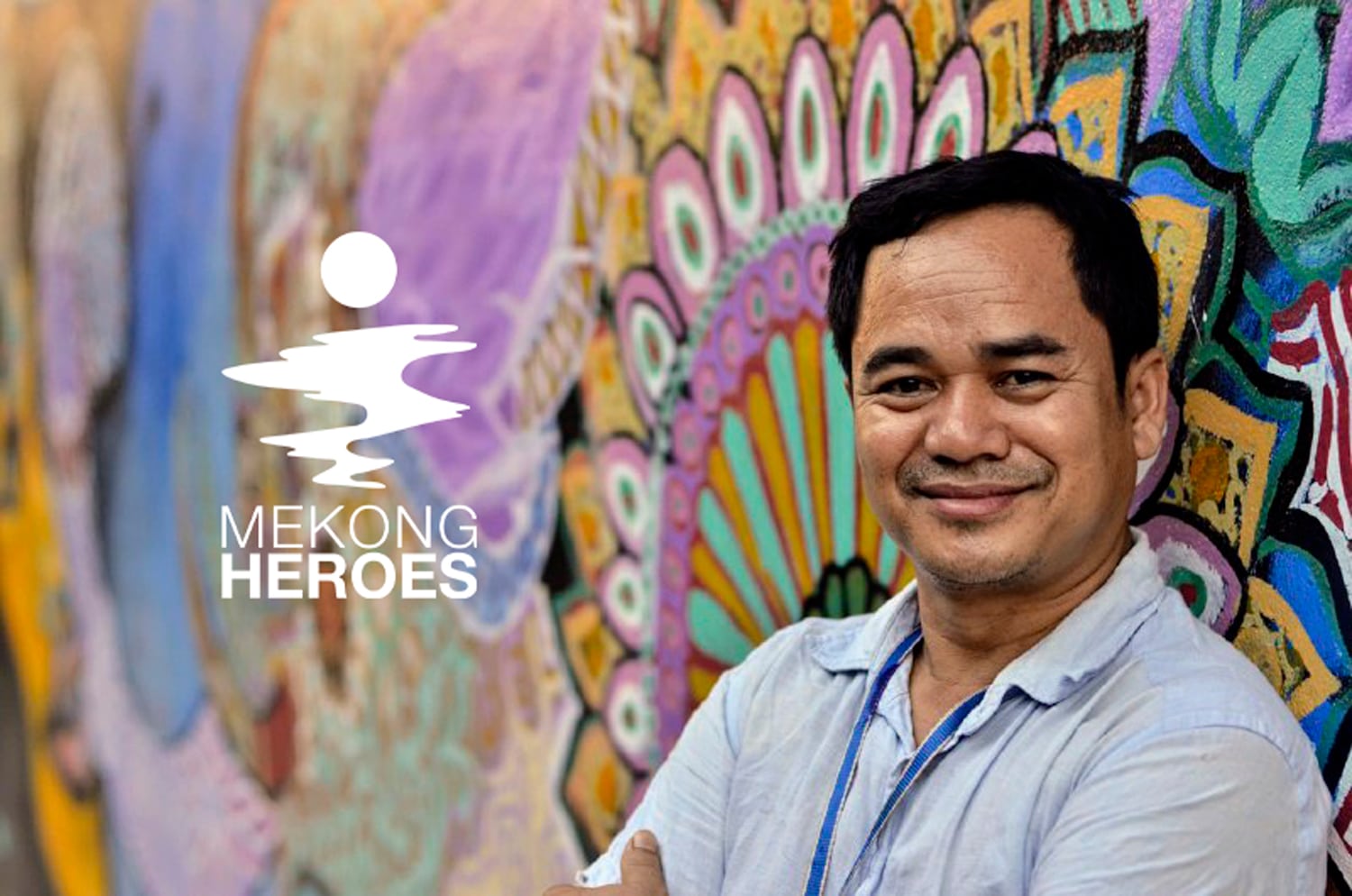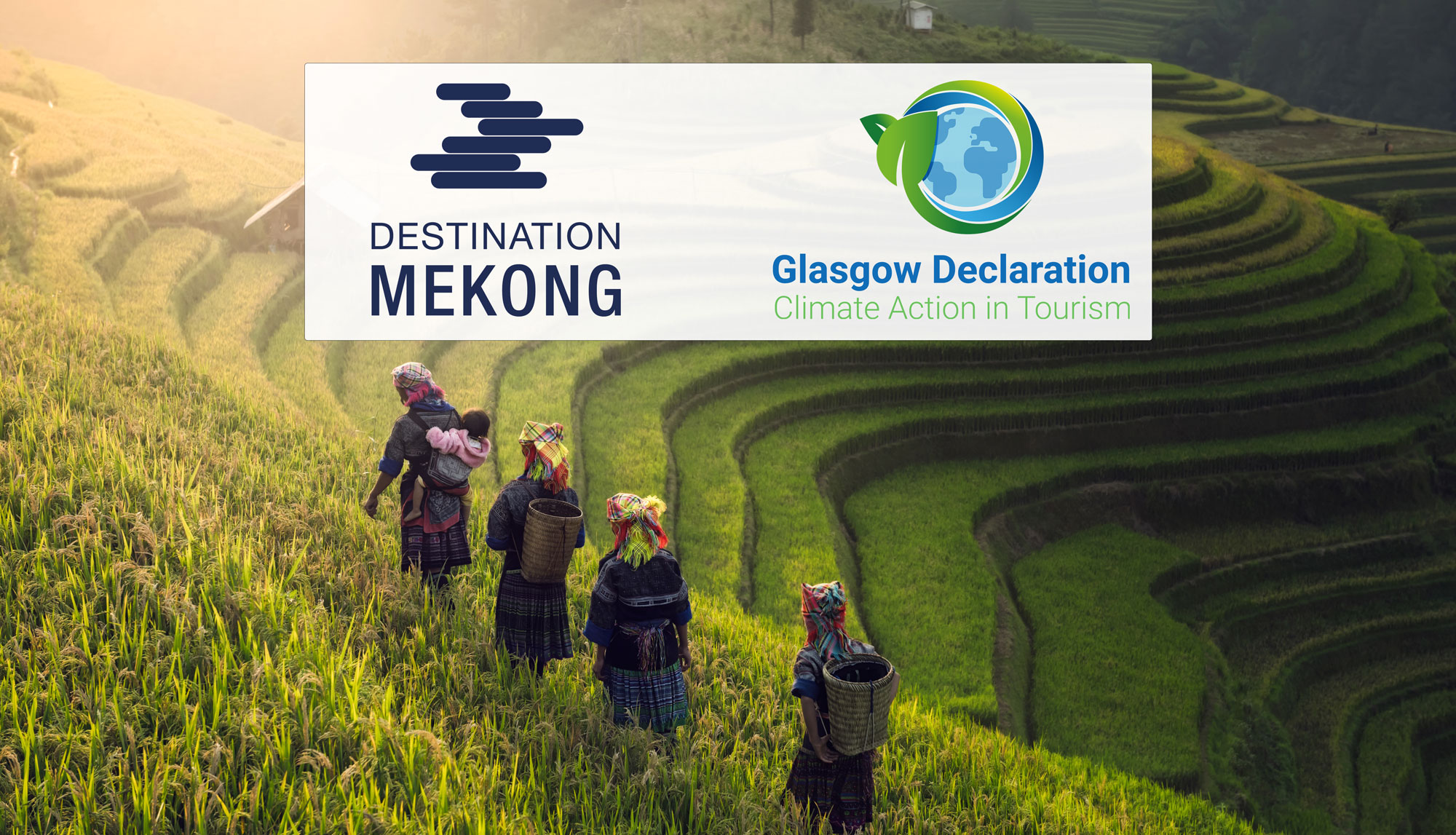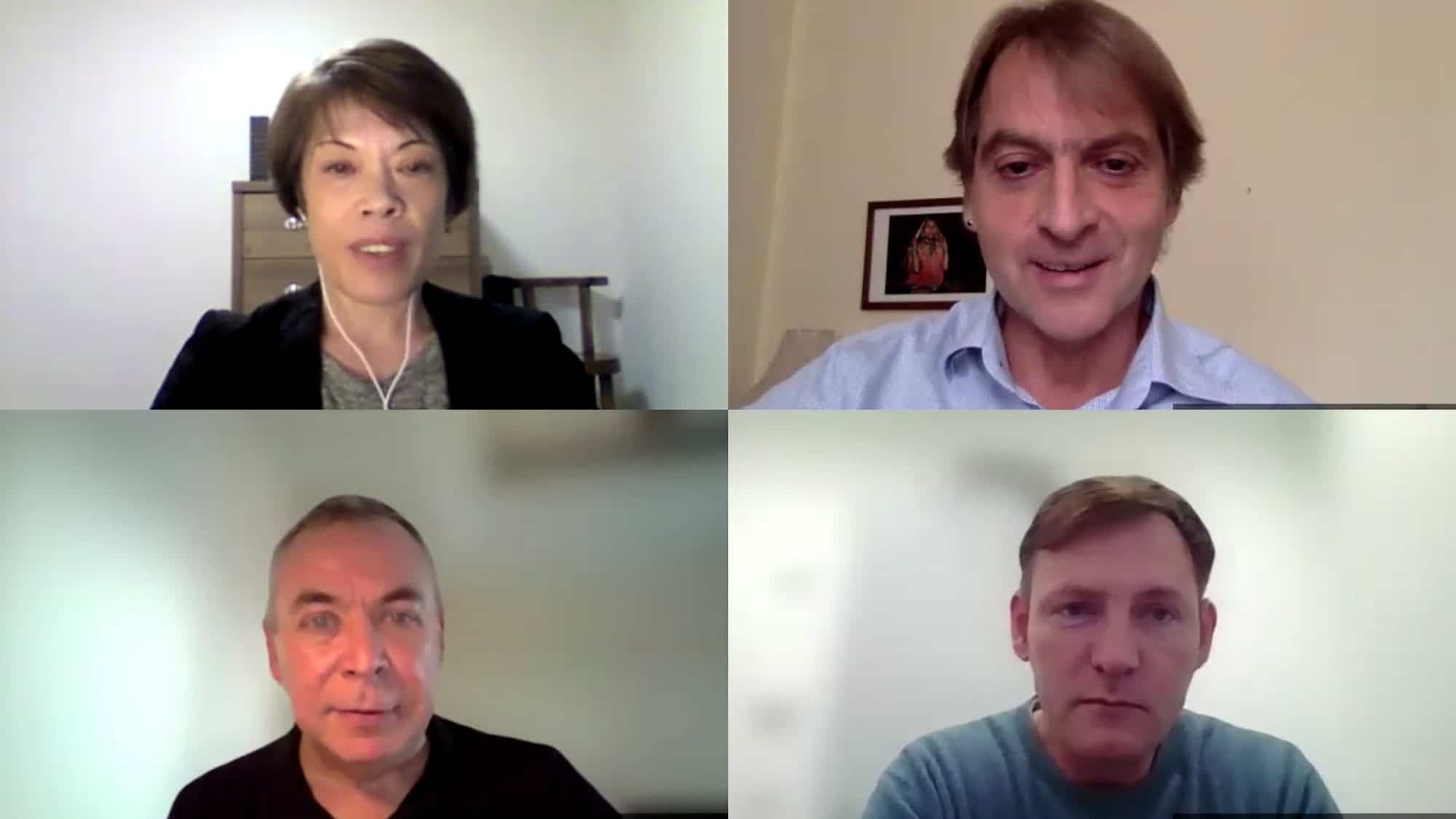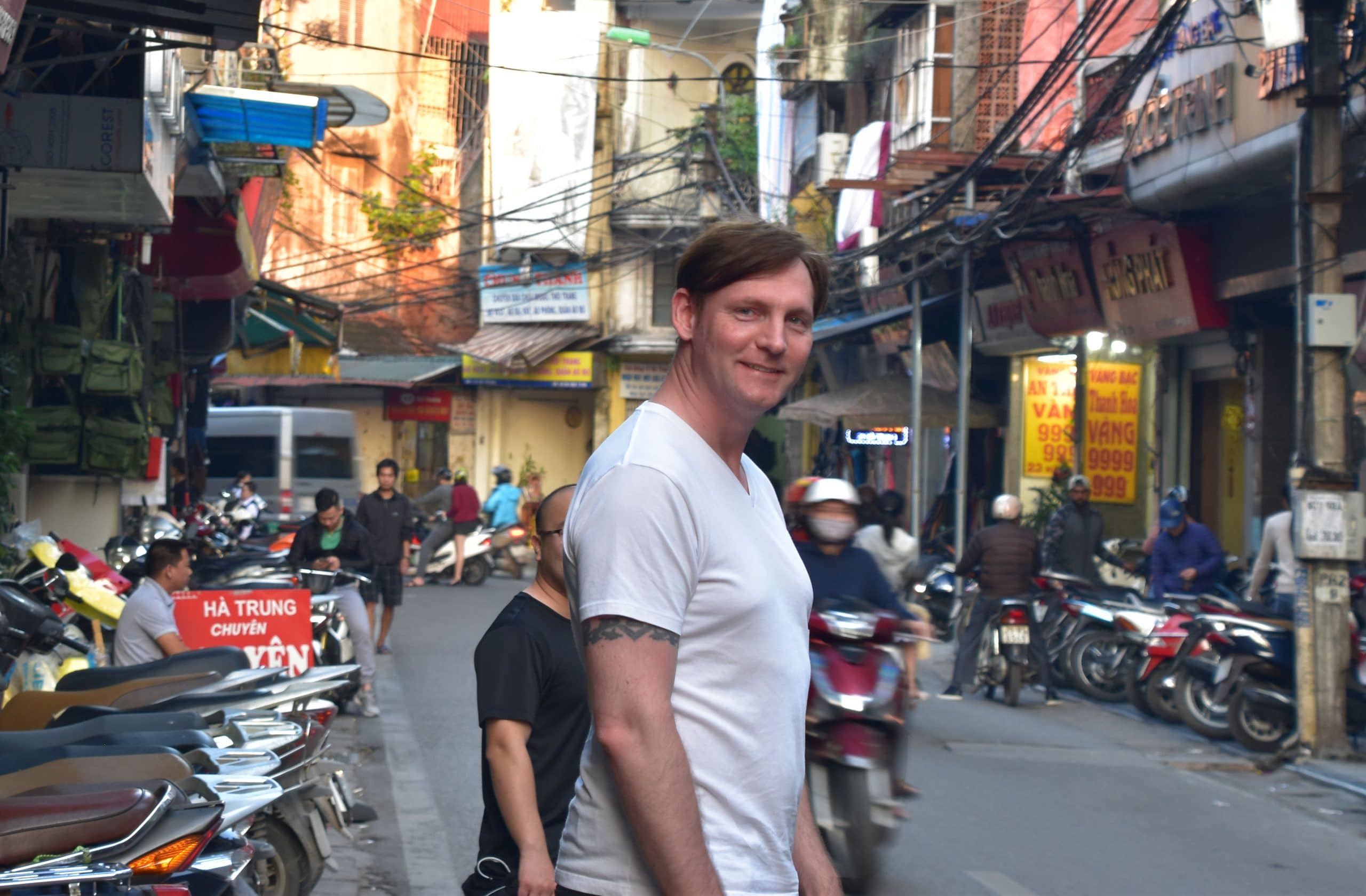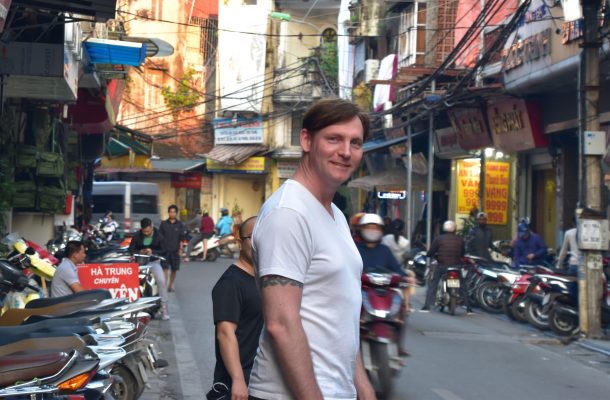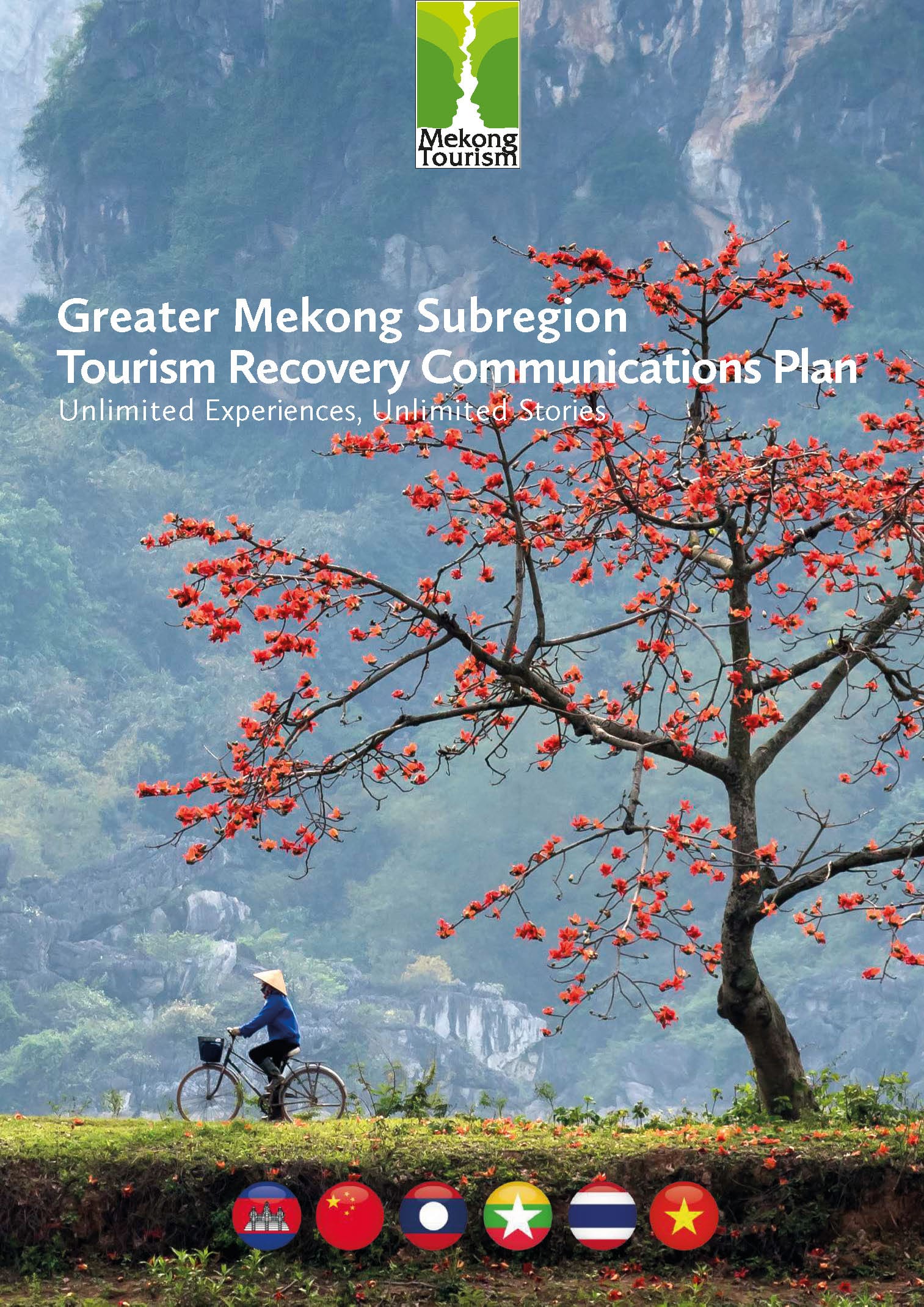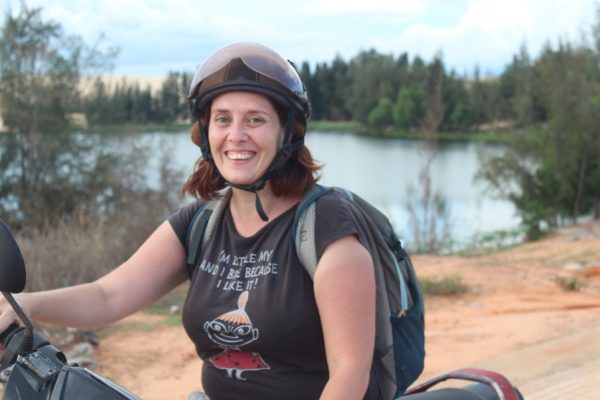
Sophie Hartman
Special Advisor (Training)
What excites you about the Mekong Region?
Opportunities, dynamism, resilience… These three words come to my mind every time I think of this place that I have called home for almost seven years. Over time, people in the Mekong countries have demonstrated their ability to accommodate change and external influences, while not allowing these to utterly transform their societies. Often seen as a force for innovative and effective development, young people represent a sizable portion of the population. They are energetic, innovative, and enthusiastic. If harnessed properly, they can help usher in a brighter future for them and their community. For the past few years, it has been my privilege to work alongside organizations that strives to make this a reality by empowering disadvantaged youth to fulfil their potential and become responsible adults.
Tell us about your Background
Bringing positive change in the lives of the most vulnerable and discovering new cultures have been the two key drivers of my career. I have been working on various capacity building projects targeting the social and economic inclusion of disadvantaged populations, most of them focused on tourism training. Most notably, I supported the launch and implementation of the Lao National Institute of Tourism and Hospitality’s skills training programs. I also have coordinated the Association of Southeast Asian Social Enterprises for Training in Hospitality & Catering, a network that brings together vocational training centers that provide underprivileged youth with a path to employment in the tourism and hospitality industry across Cambodia, Myanmar, Thailand, and Vietnam. These experiences convinced me of the difference that tourism can make for people if destinations are able to harness its benefits while mitigating its negative effects.
How do you want to make an impact for the region?
I wish to contribute my experience working with education stakeholders in the region to promote tourism as a driver of inclusive growth and sustainability. Over recent decades, the region has made remarkable progress in terms of development. Yet, a significant share of the population is vulnerable to falling back in poverty and still has limited access to education and decent jobs. The tourism sector can become a strong inclusion lever for underserved populations, as long as they are provided with the necessary productive and transversal skills, and sustainable employment opportunities. This requires coordinated efforts across the industry. By being actively involved in Destination Mekong, I want to contribute to enhanced collaboration between educators and employers to create value in the region and reach that goal.
MORE PEOPLE
Prof. Dr. Wolfgang Georg Arlt
Prof. Dr. Wolfgang Georg Arlt Special Advisor (China Outbound) Linkedin-in External-link-alt What excites you about the Mekong Region? I have been connected for almost 50 years now with China’s tourism, economy and culture. However,…
Sophie Hartman
Sophie Hartman Special Advisor (Training) Linkedin-in What excites you about the Mekong Region? Opportunities, dynamism, resilience… These three words come to my mind every time I think of this place that I have called…
Gerrit Krüger
Gerrit Kruger Chief Marketing Officer Linkedin-in “To create good tourism, we need to build pride in communities in their culture, offerings, and products and provide capacity to enable balanced tourism. Only people who like…
Jens Uwe Parkitny
Jens Uwe Parkitny Special Advisor (Strategy) CEO at Oway Group (Myanmar) Linkedin-in What excites you about the Mekong Region? While working as a travel writer, I visited many countries around the world and was…
